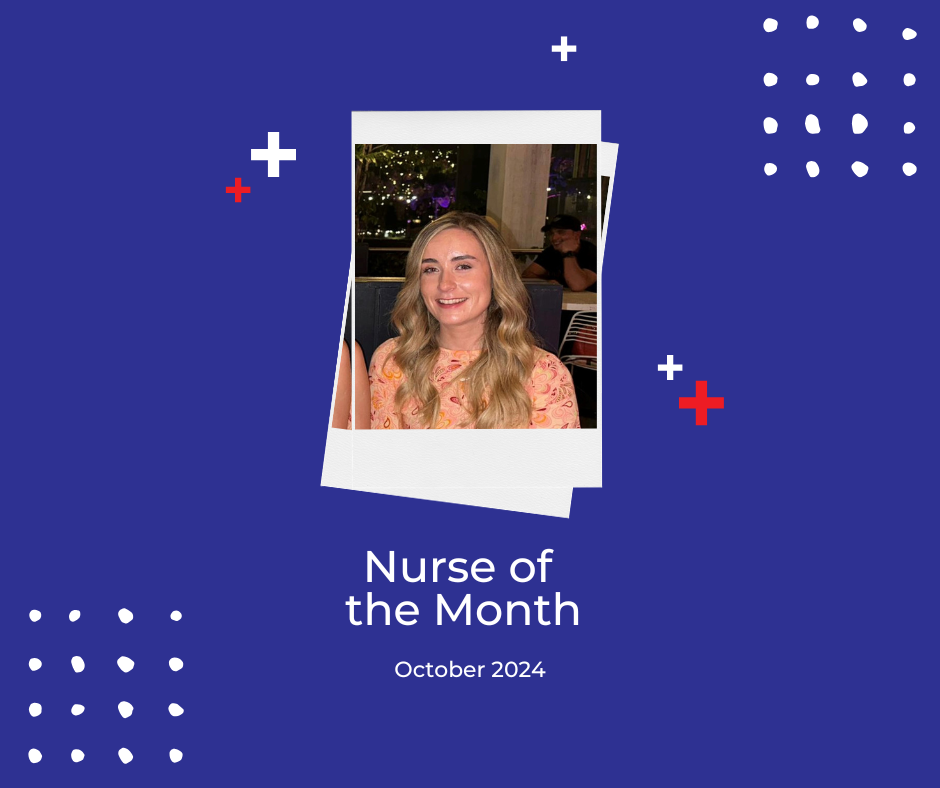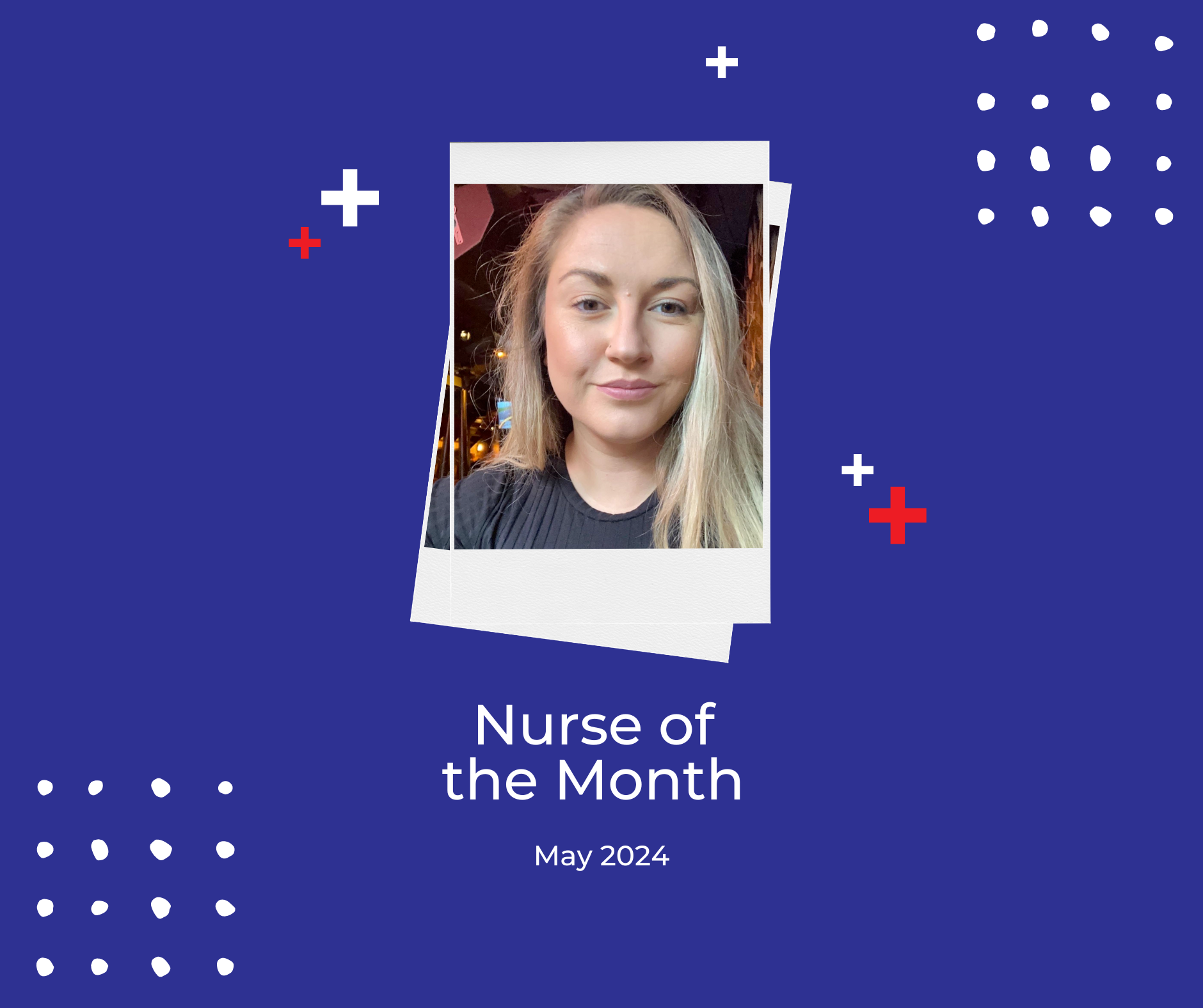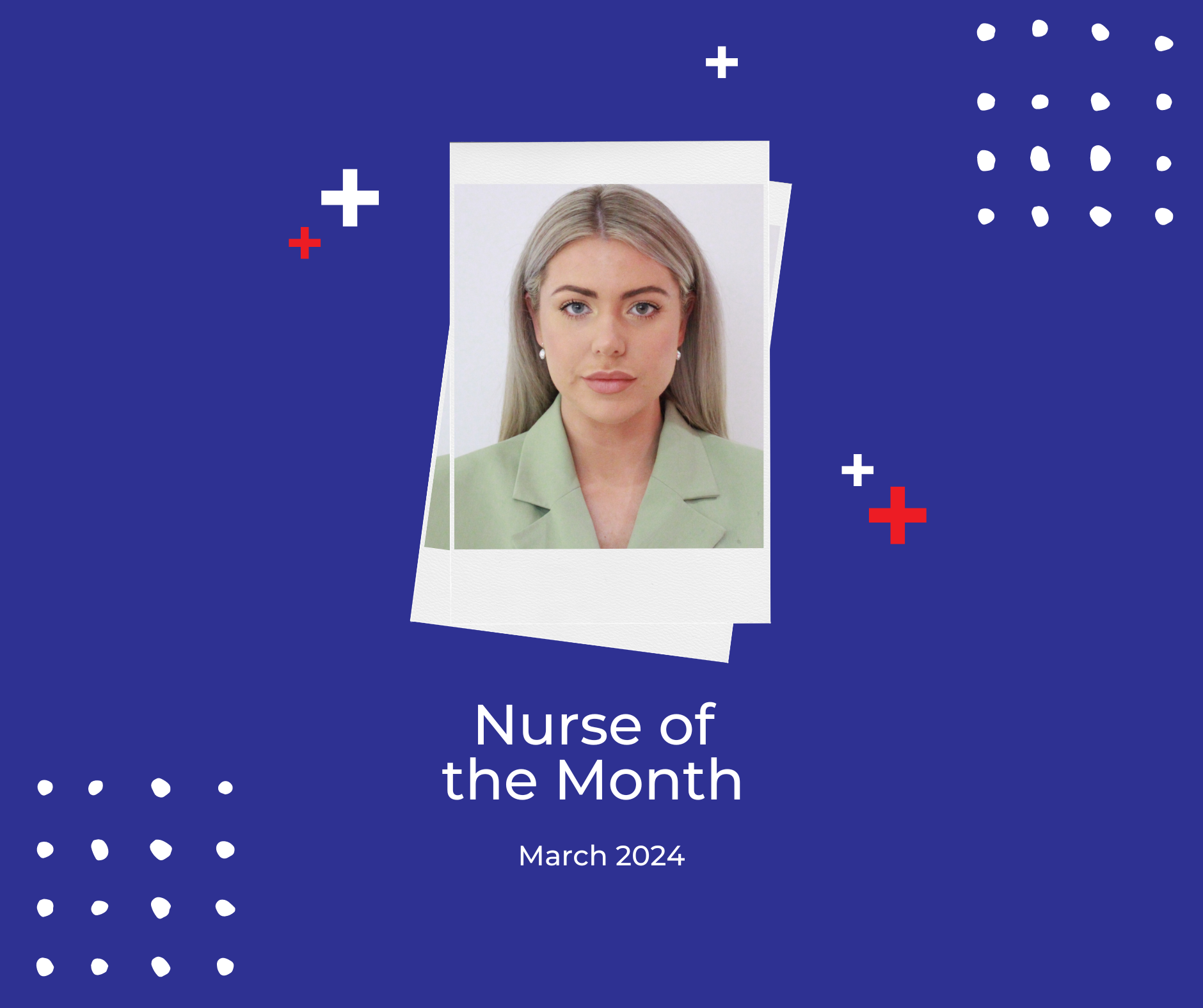Can we be friends? Why it's important to set boundaries with your support worker.
Relationships are an integral part of being human and friendship is one of the richest gifts we can give each other. However, navigating professional relationships and personal relationships often require different approaches, and this can be confusing for anyone, as sometimes our work relationships cross over into personal waters. These areas of overlap can make navigating a relationship tricky for both the support worker and the clients they provide care to. Today we will explore the importance of boundaries and why they should exist between support workers and their clients.
Today we’re exploring why boundaries must exist to maintain a professional relationship with your support worker.
Why ‘can we be friends?’ Is a valid question:
- Support workers provide personal, often intimate care, so of course, a friendly face when dealing with challenges is welcome.
- Friendship is indicative of mutual trust, again, built on sharing of personal moments.
- Time spent together fosters a strong bond.
- Complex care needs may mean support workers become a key social contact due to the amount of time spent together.
Why ‘can we be friends?’ Isn’t the best question:
- It may muddy the line between professional and personal.
- It blurs boundaries, and where those boundaries are can be different for each person receiving support.
- Moving forward it may be inappropriate and impossible to maintain the same kind of relationship.
Why ‘can we work together?’ Is a better question:
- Respects professional conduct.
- Defines boundaries, and adheres to them in the context of a care/carer relationship.
- Protects both parties.
- Personal relationships generally do not have a conclusion date, whereas professional relationships sometimes do. Timelines help to manage expectations around the purpose of the relationship.
- Offers up a partnership arrangement instead.
To sum up, although a support worker and their client may share personal matters and moments, a support worker, at the end of the day is a support worker. So, while they can be friendly and care about a client, a professional relationship helps to protect everyone.
There’s no doubt that this is a tricky topic, and we recognise that boundaries may differ for individual relationships, however for the support worker, being professional above all is vital to ensure they can do the best job they possibly can with everyone they support.
Need NDIS nursing support at home or know someone who does?
Connect with us to learn how NNA Direct Support Service can work with you.














